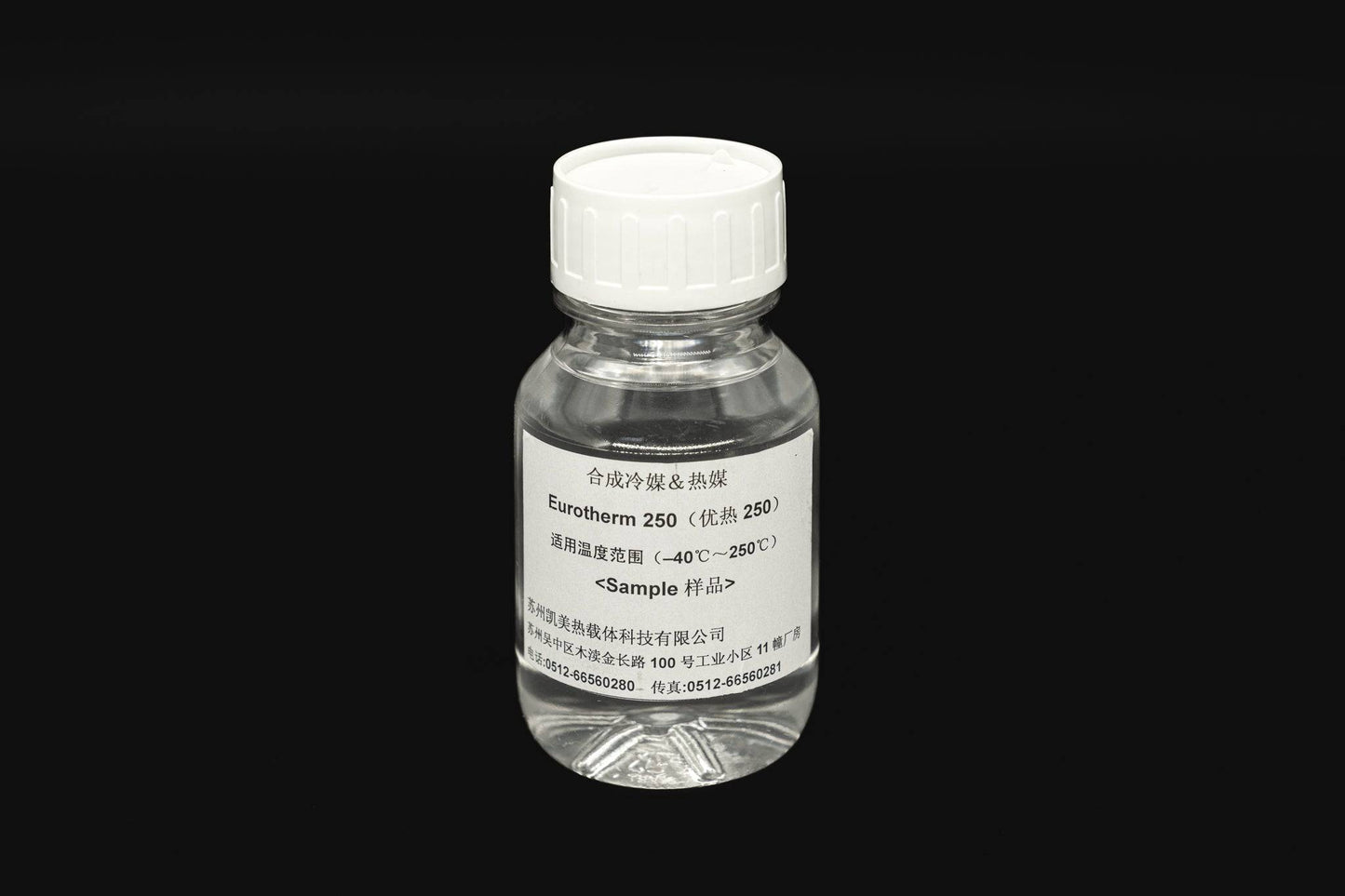Exactly How to Securely Deal With and Deal With Utilized Heat Transfer Fluid
Exactly How to Securely Deal With and Deal With Utilized Heat Transfer Fluid
Blog Article
Why Warmth Transfer Liquid Is Very Important for Optimizing Energy Transfer in Equipment
The duty of warm transfer fluids in optimizing power transfer is critical for achieving efficient thermal monitoring across different industrial markets. These liquids facilitate smooth heat exchange, guaranteeing procedures operate within optimal temperature level varieties and alleviating the danger of overheating.

Function in Thermal Management
Warm transfer liquids play a critical duty in thermal management by efficiently controling temperature levels in various commercial procedures and systems. These specialized liquids help with the transfer of heat between different components, guaranteeing optimal operating conditions and stopping getting too hot. By maintaining accurate temperature level control, warmth transfer liquids enable markets such as chemical manufacturing, oil and gas, and power generation to run safely and efficiently.
The choice of an ideal warm transfer liquid relies on a number of variables, consisting of thermal security, warm capacity, and viscosity. High thermal stability guarantees that the fluid can endure extreme temperature levels without breaking down, while a high warmth ability allows it to absorb and release significant amounts of warm - heat transfer fluid. Low viscosity minimizes the energy needed for pumping, adding to general system efficiency
In addition, warmth transfer liquids are integral in applications like refrigeration, where they help take in and dissipate warmth throughout the cooling cycle. In solar thermal energy systems, these liquids capture and transport solar heat to produce electrical power or provide hot water. Their versatility to diverse operating problems and capability to keep regular thermal efficiency underscore their value in commercial thermal administration, assisting in operational continuity and improving precaution.

Enhancing System Efficiency
To optimize the advantages of thermal management, boosting system efficiency with the tactical use heat transfer fluids is critical. These fluids play an important role in optimizing energy transfer by facilitating consistent thermal regulation, which consequently affects the total efficiency and longevity of systems. Reliable heat transfer results in reduced energy losses, lowered operational prices, and enhanced reliability of devices. By keeping optimal temperature degrees, heat transfer liquids assist guarantee that systems operate within their created parameters, thereby avoiding getting too hot and lowering the threat of component failing.

Sorts Of Heat Transfer Fluids
The diversity of warmth transfer fluids underscores their crucial duty in a series of commercial applications, each tailored to fulfill certain thermal monitoring demands. These liquids assist in reliable energy transfer and are picked based on crucial buildings such as thermal stability, viscosity, and heat capacity. The main types consist of water, glycol options, oils, and synthetics, each offering unique benefits.
Water is one of the most typical heat transfer tool due to its high details heat capability and inexpensive. Its usage is restricted by its freezing and steaming factors. Glycol mixtures, typically made use of in HVAC systems, supply a reduced freezing point, adding flexibility in various climates. Mineral oils are preferred for their thermal stability and non-corrosive nature, making them ideal for high-temperature applications.

These fluids guarantee remarkable efficiency in systems where standard fluids may fall short. The selection of a warm transfer liquid is important, as it affects system performance, safety and security, and durability.
Environmental and Economic Perks
Utilizing the right heat transfer fluids uses substantial ecological and economic advantages for commercial operations. By picking liquids with premium thermal security and high warm capacity, industries can boost power performance, causing decreased check it out gas usage and reduced greenhouse gas discharges. This adds to a smaller sized carbon footprint and straightens with global sustainability goals. Environmentally friendly warm transfer liquids, frequently eco-friendly and safe, lessen the risk of dirt and water contamination in the More hints event of leaks or spills, thus safeguarding ecosystems and abiding with rigid ecological policies.
Financially, the appropriate warmth transfer fluid can dramatically minimize operational expenses. Reliable warm transfer decreases energy expense, resulting in lower utility costs and enhanced productivity. Additionally, fluids with extended lifecycle efficiency decrease the frequency of substitutes and upkeep, lowering downtime and connected prices. Buying top quality liquids can also mitigate the danger of devices deterioration and failure, preventing expensive repairs and extending the life-span of vital framework. In open markets, these financial savings and effectiveness provide a distinct advantage, permitting business to allocate resources better and buy additional development. In general, the strategic use of optimum warm transfer fluids supports lasting financial growth and ecological stewardship.
Choosing the Right Fluid
How does one browse the intricate procedure of picking the right warmth transfer liquid for industrial applications? Choosing the appropriate fluid is important, as it straight affects system effectiveness, safety, and functional expenses. Trick factors to consider include thermal stability, compatibility with system products, and running temperature range. Thermal security guarantees the fluid can stand up to heats without degrading, while compatibility prevents corrosion or various other detrimental reactions with system elements. The operating here temperature level range have to line up with the system's demands to preserve efficiency and longevity - heat transfer fluid.
In addition, the fluid's heat capability and thickness are vital. A high warm capability allows the fluid to soak up and transfer more energy, improving effectiveness.
Verdict
The tactical selection and application of warmth transfer fluids are essential to maximizing power transfer throughout different systems. By ensuring high thermal stability and capability, these fluids give specific temperature control and enhance total system effectiveness. This optimization adds to decreased functional prices and reduced greenhouse gas exhausts, therefore promoting sustainability. The selection of liquid, customized to details viscosity and operational needs, is essential for optimizing performance and attaining financial and environmental benefits in industrial procedures.
Report this page